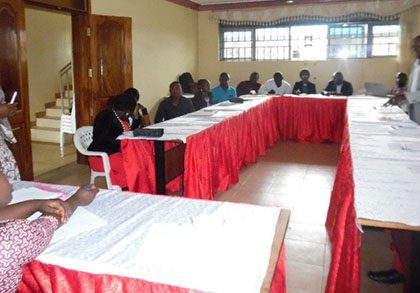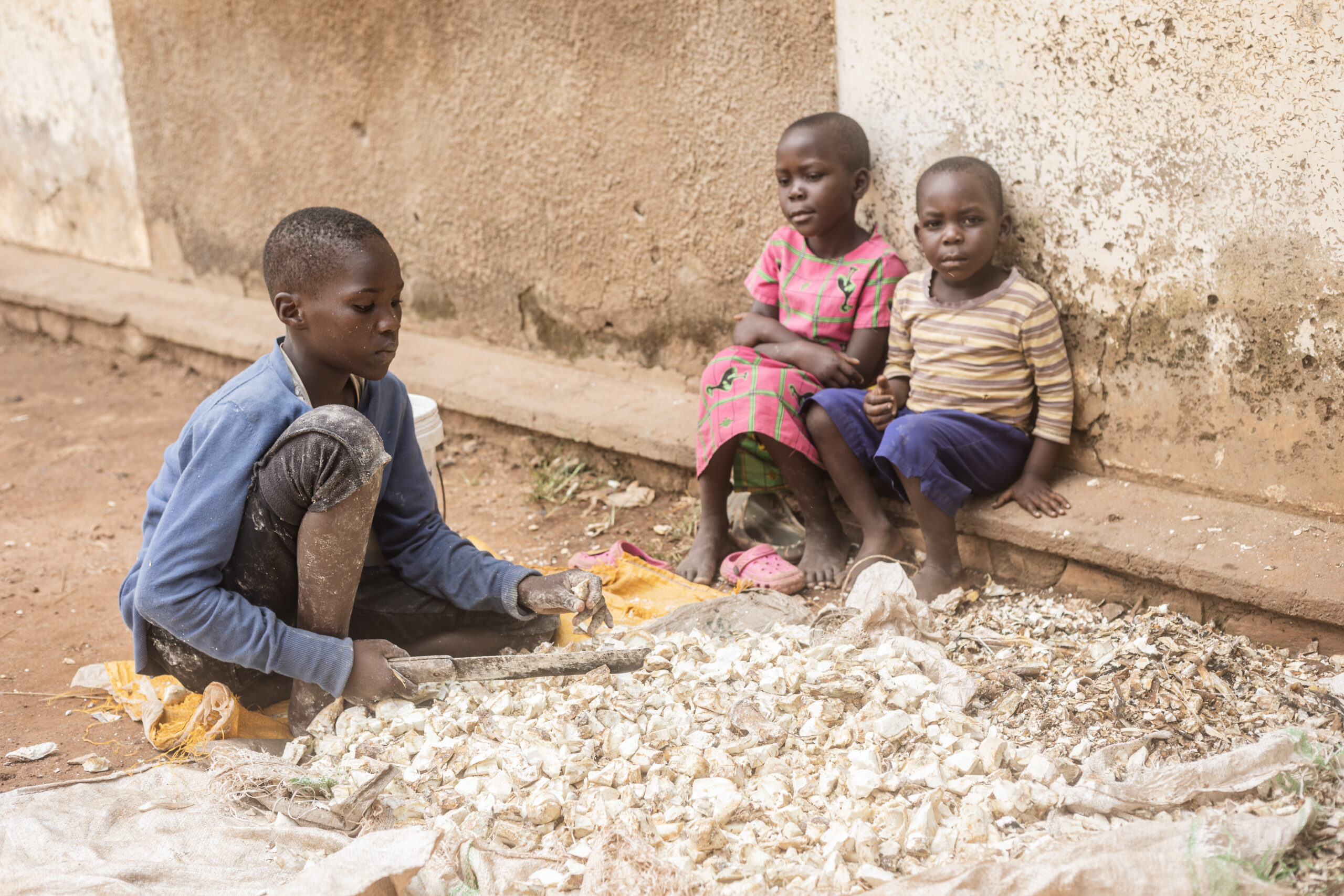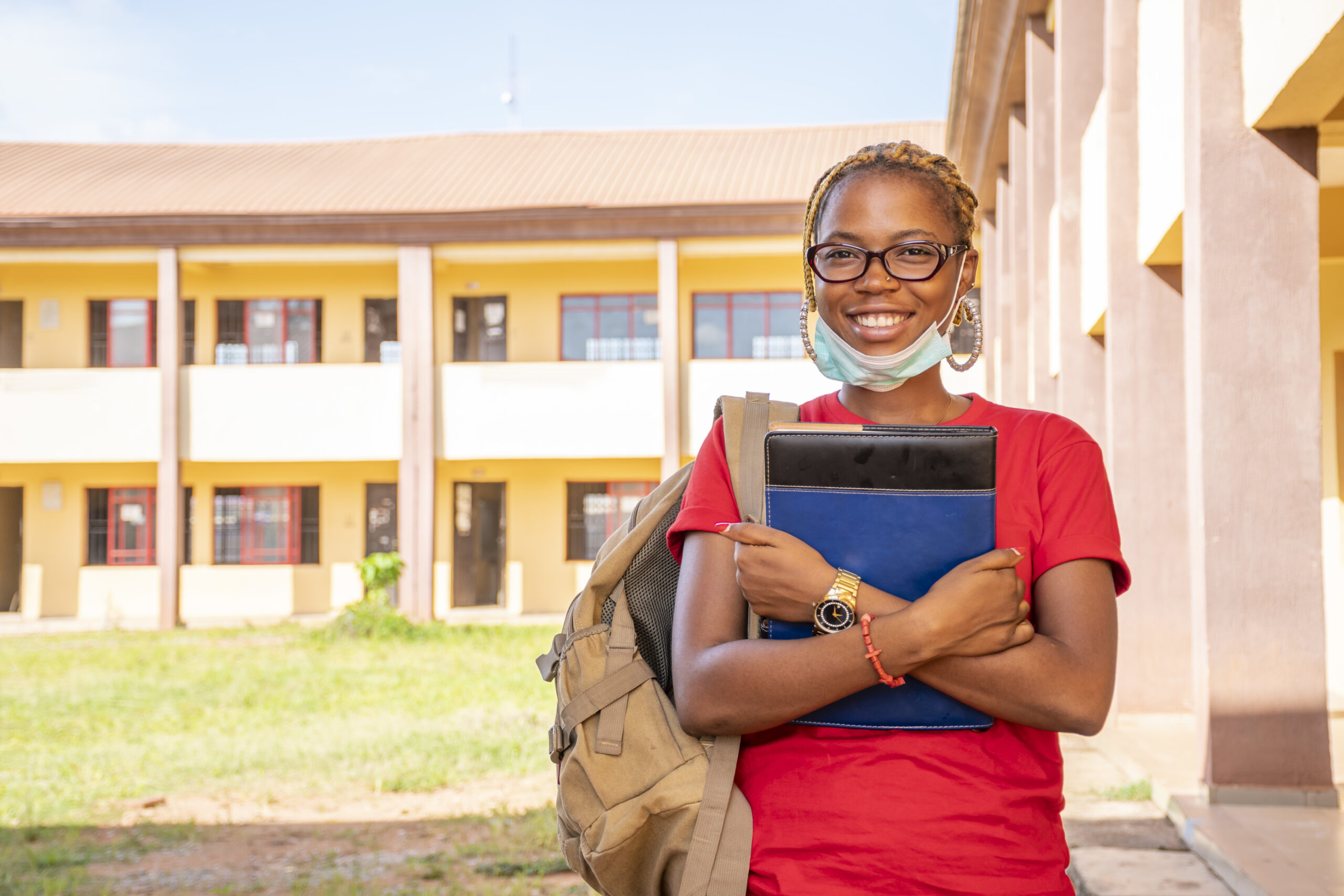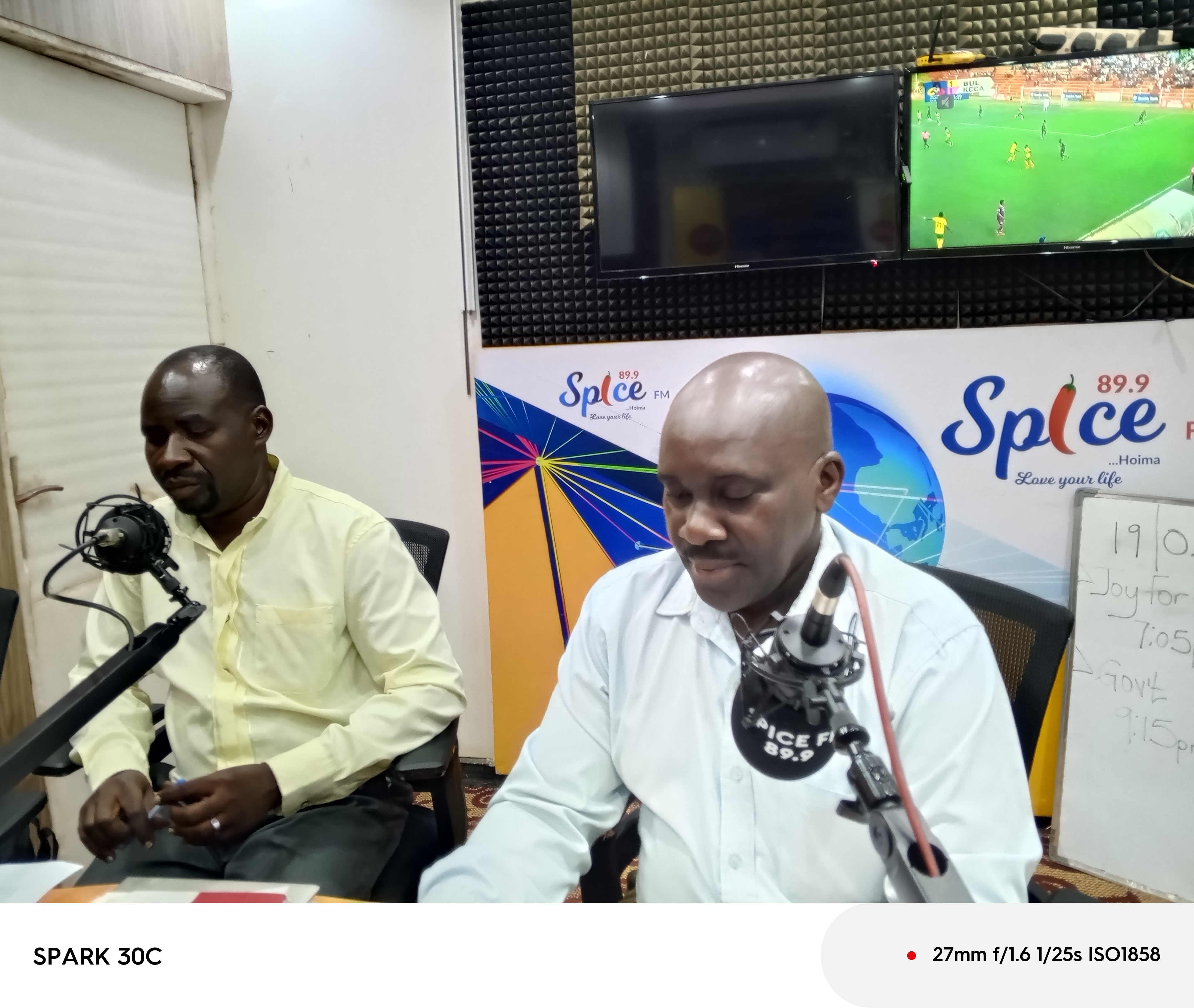Changing the Narrative: Male involvement in ending Violence against Children in Uganda
Local activism is a strategy used by Joy for Children to end violence against children. Community members are reached with information on violence against children (VAC) prevention and response. Activities such as community dialogues, focus group discussions, poster talks, advocacy and review meetings have been held with different groups of people in the community including boda boda (motorcylists) riders.









